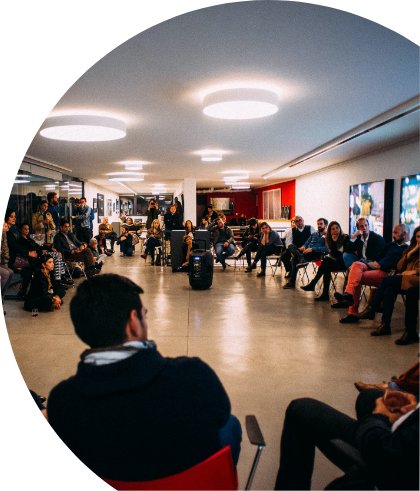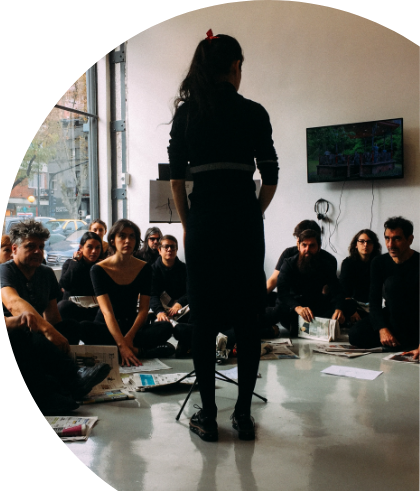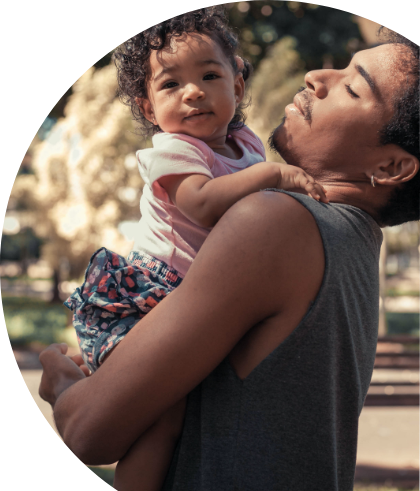Roddenberry Impact Award
In light of the global spread of COVID-19, the logistics of everyday life have changed drastically for so many.
During these difficult times, there is a desire to return to "normal." It is important to remember, however, that for many communities "normal" was not yet equal or equitable. As we come out of this pandemic — and we will — we will have the unique opportunity to create a world that is more diverse, more equitable and more inclusive.
In the weeks ahead, we will all be rightly focused on relief and recovery. But at some point in the future, we will move on to reconstruction and repair. And, as has been true throughout modern history, stories — and television in particular — will have a critical role to play in moving us forward in a more positive and just direction.
Going forward, we have a choice to make about what stories we tell, who gets to tell them, and how. We have an opportunity to do something different. It’s a chance to work towards more diverse writers’ rooms, to write authentic portrayals of underrepresented communities, to develop more inclusive storylines, and to form narratives that reflect the nuance of the lived experience.
To accelerate this change, in partnership with A Day of Unreasonable Conversation, ten Roddenberry Impact Awards of $10K each will be granted to ideas and projects that are making strides in one of the following areas: Inclusive Futures, Authentic Content Creation, and Increased Representation.



